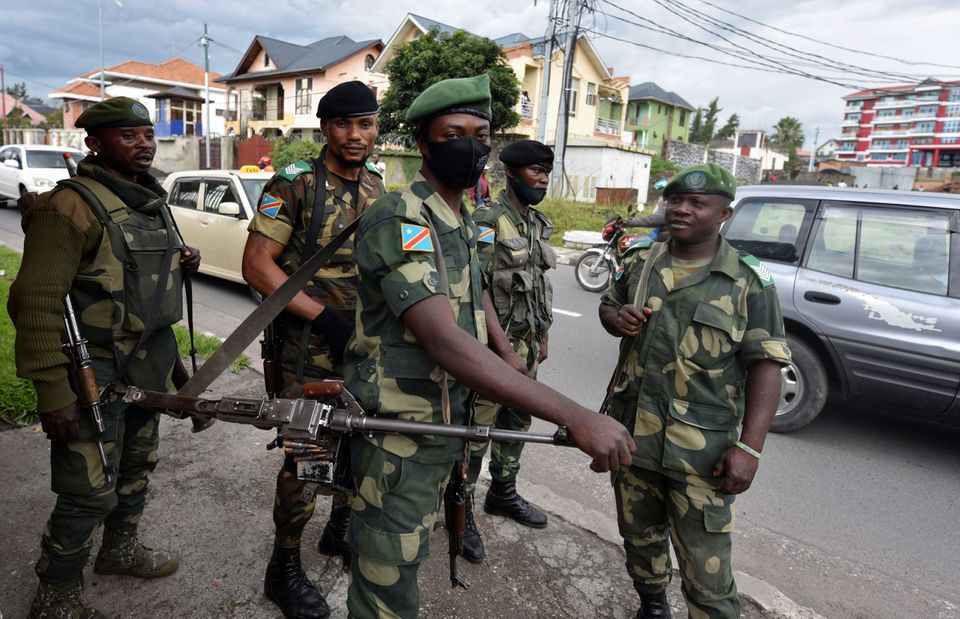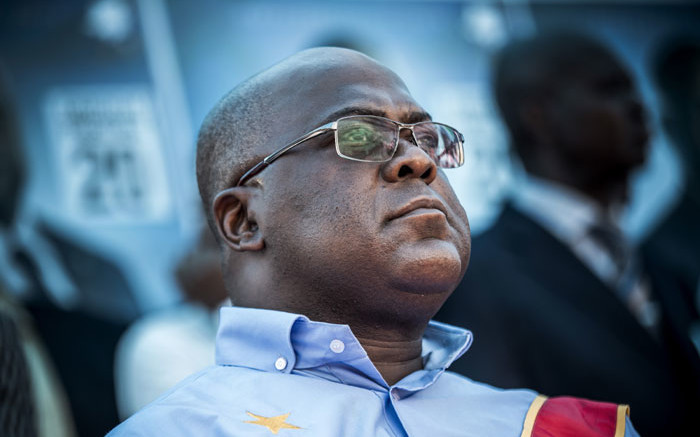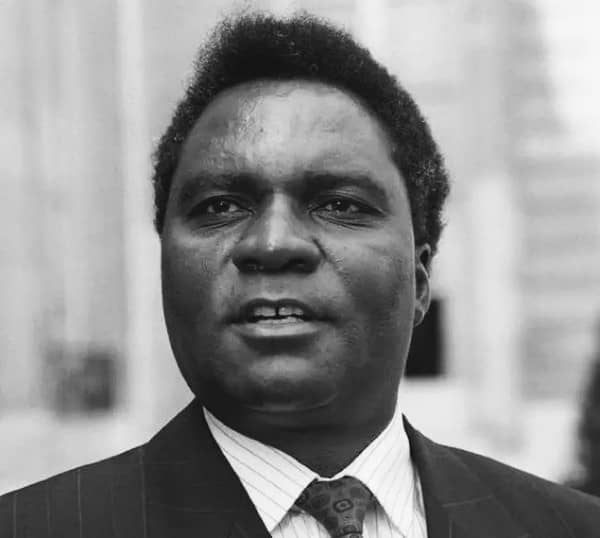Regional
DRC expelling Rwandan envoy sores relations

The
Democratic Republic of Congo (DRC) recently gave Rwandan Ambassador Vincent
Karega 48-hours to leave the country in retaliation for what Kinshasa alleges
is Rwanda's support of the M23 rebels.
The
move effectively ended direct official communications between the two
governments. Diplomacy, the art and science of maintaining peaceful relations
between nations, where representatives of countries discuss issues such as
conflict, trade, or maintaining security, suffered a blow.
DRC
government spokesman Patrick Muyaya said in a televised statement that in
recent days “a massive arrival of elements of the Rwandan element to support
the M23 terrorists” against DRC’s troops had been observed.
“This
criminal and terrorist adventure” had forced thousands of people to flee their
homes, Muyaya added. His announcement came after a government meeting to assess
the security situation in the east of the country.
Rwanda
has repeatedly denied the claim that it is extending any support to M23 rebels.
On the other hand, Rwanda persistently condemns DRC’s acts of arming and
incorporating the genocidal terror group, FDLR, in its national army, with
intentions to attack Rwanda.
An
ambassador is an official envoy, a high-ranking diplomat who represents a
state. By Karega leaving Kinshasa, Rwanda’s representation was downgraded and
the channels of official diplomatic communication between Kinshasa and Kigali,
at the highest level, are severed.
The
envoy acted as a liaison between the two Heads of State whenever there was need
for them to send each other official messages. With countries sharing borders
and experiencing security threats that affect both sides, under normal
circumstances, instead of expelling an ambassador, more efforts would have been
put in through diplomatic channels to find the root causes of the security
threats.
By
cutting diplomatic channels, dialogue will not take place, hence complicating
the already bad situation. It means that DRC is preparing for war rather than
embracing peaceful means of resolving her differences with Rwanda.
Kinshasa’s
decision to expel Ambassador Karega falls under article 9 of the Vienna
Convention on Diplomatic Relations that governs how states interact. “At any
time and for any reason”, the host country has the authority to declare a
person to be persona non grata or unwelcome in the country.
Diplomats
serve with the consent of the host country. A country can send them home even
without explanation. And a country can give the diplomats as much or as little
time to leave as it wants — as long as it's "reasonable," according to the Vienna convention.
Rwanda
would have reciprocated, as is practice with most countries, but this did not
happen. Rwanda values maintaining diplomatic relations with its neighbour
despite the constrained relations. The two neighbouring countries need each
other more than politicians in Kinshasa might think as they share a lot in
common. For instance, when the active Nyiragongo volcano erupted in May 2021,
thousands of Congolese citizens ran to Rwanda for safety. They were given all
the support they needed, especially shelter, food and medication.
Rwanda
accommodates thousands of Congolese refugees. The two countries need to talk
about when these refugees can go back to their homes. Consultation and dialogue are necessary to
solve existing challenges between the two countries.
Although
the ambassador was expelled, the embassy remains inviolable and open.
The
Vienna Convention requires the host country to protect the premises and
prohibits the host from searching or requisitioning the property. For this
reason, seizing an embassy represents a complete breakdown in relations. Other
Rwandan diplomats and local staff including Congolese nationals employed by the
embassy remain working.
Although
Rwanda maintained a fully-fledged embassy in Kinshasa with an Ambassador,
Kinshasa has for nearly 10 years only maintained junior staffers at its mission
in Kigali. This could be indication that the DRC government, all along, was
never committed to establishing strong diplomatic relations with Rwanda.
The
question of M23 is a political problem. It requires both political and
diplomatic means to address it. Rwanda was always committed to contribute to a
sustainable, peaceful regional security solution within agreed regional
frameworks, including the Luanda Roadmap and the Nairobi Process.
Rwanda and DRC must work together to resolve their differences. Severing diplomatic ties yields nothing.
How
will the two countries be realistic, or search for common interests, when one
only opts for severance of diplomatic relations?
The
severance of diplomatic relations sometimes precedes the outbreak of war. But
who would win if the two neighbouring countries were to go to war? Political
and diplomatic maturity must prevail.


.jpg-20221102100150000000.jpg)



